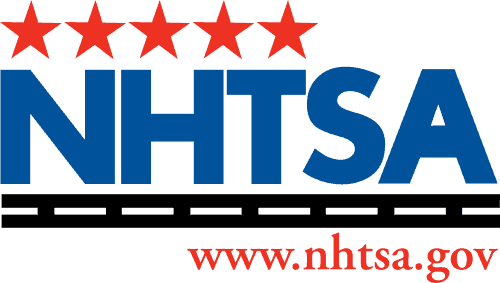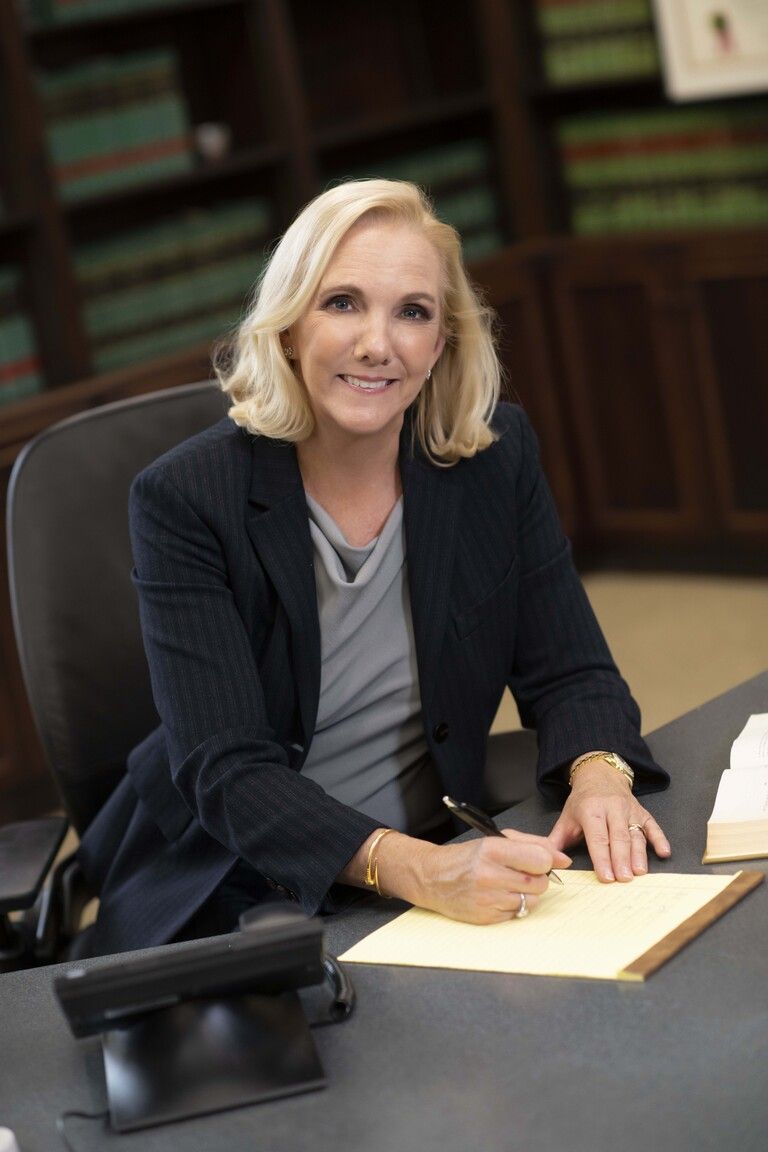
The news about the Takata airbag recall seems to get worse and worse. In addition to the ever-expanding recall, news sources report that manufacturer Takata became aware of the issue in 2004 and yet continued to manufacture a faulty design regardless of data culled from crash reports. Similarly, in the wake of the GM recall
earlier in 2014, data that should have been more closely examined by the NHTSA was instead ignored in favor of a quick out.
If we cannot rely on manufacturers and watchdog groups to examine crash data and act in an appropriate manner to protect the public, where do we place our trust?
It’s not as if manufacturers and public safety agencies don’t have access to solid data regarding crash statistics. There is a significant volume of information available, and qualified statisticians can examine this data to determine what action should be taken to protect the consumer. Unfortunately, this data is sometimes discounted or unexamined, for any number of reasons.
What is the responsibility of the manufacturer?
Vehicle components are manufactured by numerous outside companies. It is the responsibility of each manufacturer to design and test their components to meet established safety standards. It is also the responsibility of the car maker to heed the information provided by the manufacturer, in addition to data received from crash results. Component failures as a result of accidents are often examined by engineers at the manufacturer, as was the case at Takata in 2004. However, merely testing and examining the data does not always result in corrective action being taken on the manufacturer level. According to a story by the New York Times, Takata engineers conducted tests on deployed airbags in 2004 and determined that there was a significant design flaw that made the airbags extremely dangerous to vehicle occupants in a crash. Based on these findings, the Takata engineers began to redesign the airbag assembly, only to have their work abruptly stopped by company executives. The data accrued from these tests was ordered destroyed, and the manufacture of airbags continued to progress based on the original (though faulty) design.
What is the responsibility of the NHTSA?

Because cars continued to be manufactured with the Takata airbags as originally designed, a different set of data began to accrue from accident reports: persons injured or killed by exploding airbags. Car makers are required to report crash data to the National Highway Transportation Administration (NHTSA), which is responsible for independently examining such data to identify trends. Accident data, when indicative of a trend, is used to determine if a recall is advised or necessary. While the data continued to mount regarding the airbag defect, the NHTSA instead chose to accept the assertion from Takata that the defect was the result of exposure to high humidity and therefore limited in scope – even after an initial recall of 4,000 Hondas for this issue, back in 2008.
What happens when something falls through the cracks?
The NHTSA sifts through a mountain of crash data every year and relies on car makers and component manufacturers to provide thorough information for assessment. Through the data provided and testing conducted by the NHTSA, recalls and advisories can be issued for a specific problem. However, the NHTSA can sometimes operate at a glacial pace, and recalls are not issued in a timely manner. This can be devastating to the general public.
Can you depend on others to look out for public safety?
Public safety can be a dicey business. Manufacturers balance safety with profit margins and must answer to shareholders. Oftentimes a problem such as the Takata airbag recall is so large and goes on for so many years that millions of consumers are put in harm’s way, just for the sake of company profitability.
How important is it to seek out an individual to represent your interests?
The question becomes, then, who can you trust to balance the scales in favor of your safety? This is where individuals such as attorneys step into the gap. An attorney versed in product liability laws can dive into the issue at hand and determine who is responsible and how far back that responsibility goes. While anyone can notice a problem and advocate for change, it is often those in the legal field who have the experience and depth of knowledge needed to make an immediate and long-lasting impact.
Most attorneys are well aware of the reputation of the legal profession in today’s society, and yet the vast majority of lawyers out there wouldn’t dream of doing anything else for a living. Regardless of how society views the legal system, the fact remains that lawyers are champions of individual legal rights. We are committed to helping others solve problems that might seem overwhelming on the surface. So when an issue such as the Takata airbag recall begins to unspool in such a spectacular fashion, attorneys step in to assist individuals and their families in preserving their legal rights.
The GM recall and the Takata airbag recall are prime examples of how a system designed to protect the public can be circumvented and rendered ineffective. Shoddy research and willful ignorance on the behalf of manufacturers and public safety groups can put individuals in danger, and it becomes the responsibility of attorneys to protect consumers. Hiring a lawyer means placing your trust in someone who has pledged to represent your interests, and it is a responsibility that your attorney takes very seriously.

